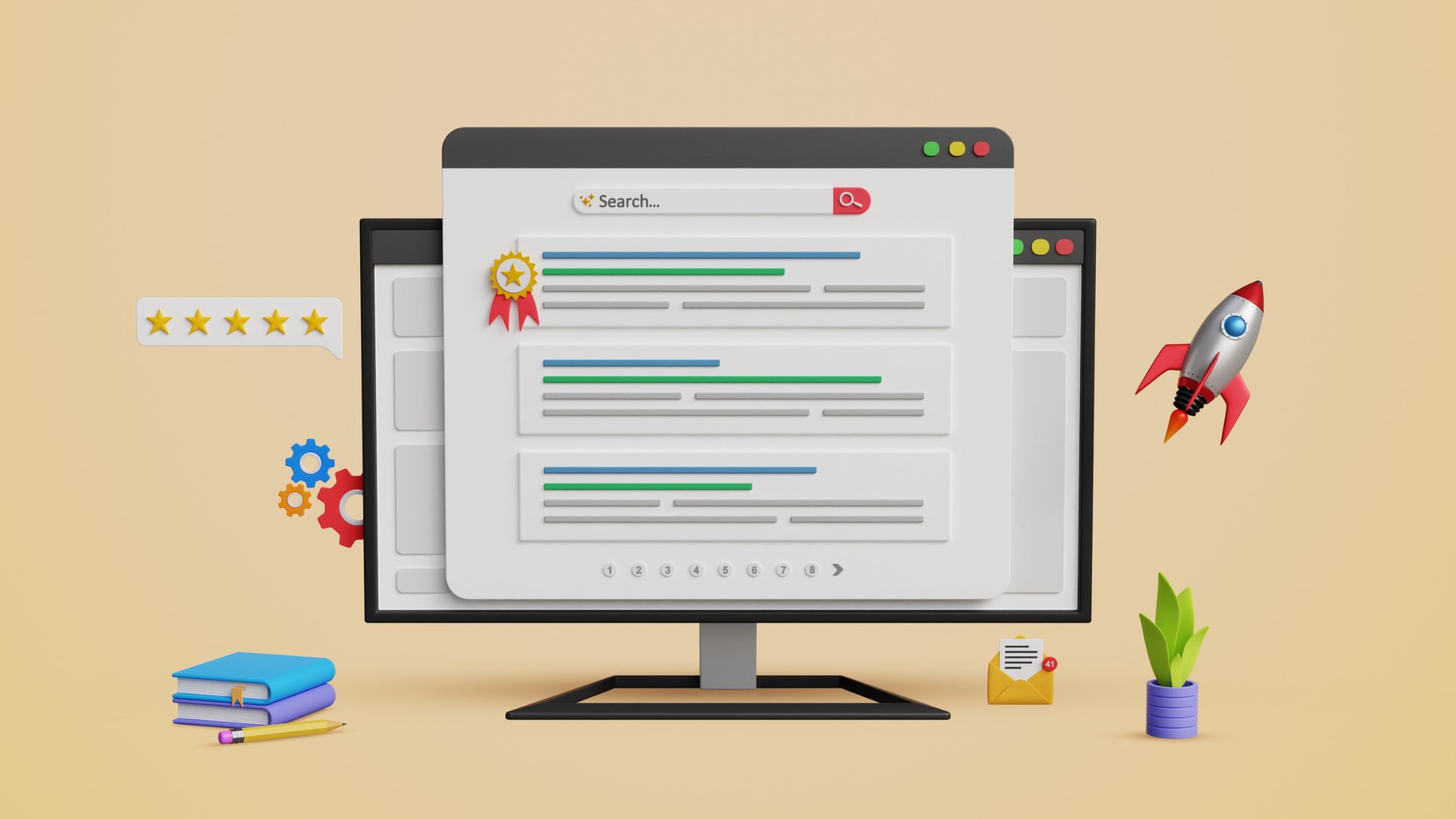As a Singapore employer, you're likely familiar with the challenges of managing workplace tensions. In our fast-paced, multicultural business environment, conflicts can arise from diverse sources: cultural misunderstandings, high-pressure deadlines, or differing work styles. Left unchecked, these tensions can erode productivity and morale. However, with the right strategies, you can transform potential conflicts into opportunities for growth and collaboration. This article explores how your HR department can play a crucial role in navigating workplace tensions, drawing on best practices from Singapore's leading companies and insights from local employment experts. By implementing these approaches, you'll be better equipped to foster a harmonious and productive work environment.
Avoiding conflict can lead to tension and resentment among employees, straining relationships and decreasing productivity. According to a study, unresolved conflicts can create negativity and drain employee morale, ultimately damaging an organisation's reputation and success. When workplace tensions are left to fester, team dynamics suffer, and collaboration becomes increasingly difficult.
Ignoring workplace conflict can have severe consequences for your company's bottom line. Research shows that unaddressed conflicts lead to reduced productivity, poor communication, and increased employee turnover. As tension at work builds, employees may become disengaged, leading to missed deadlines, lower quality work, and a decline in overall performance.
Conflict avoidance can result in high turnover rates and poor team dynamics. When workplace tensions are left unresolved, employees may seek opportunities elsewhere, leading to increased recruitment and training costs. Moreover, ignoring conflicts can create a toxic work environment, hindering team cohesion and preventing the development of a positive company culture.
Promptly addressing tension at work is crucial for maintaining a harmonious and productive workplace. By tackling conflicts head-on, employers can improve relationships, increase trust, and enhance teamwork among staff. Early intervention prevents issues from escalating and helps preserve professional relationships, ensuring they remain intact and productive.
Investing in conflict resolution training equips employees with valuable skills to manage workplace tensions. This proactive approach enables staff to address minor disagreements before they develop into major disputes. As a result, teams become more resilient, cooperative, and effective in their day-to-day interactions.
Prompt conflict management yields numerous benefits for Singapore employers. It leads to improved productivity, increased job satisfaction, and reduced turnover rates. By fostering an environment where open communication is encouraged and conflicts are addressed constructively, organisations can create a more positive and engaging workplace culture.
Unresolved workplace tensions can significantly impact employee productivity and morale. According to research, prolonged conflicts divert time and energy away from work tasks, leading to decreased output. Team members may become frustrated and disengaged, resulting in a lack of motivation and enthusiasm for their roles.
Ignoring tension at work can have serious repercussions on employee well-being. Persistent conflicts create a stressful environment that may lead to burnout, increased absenteeism, and even long-term health problems. Studies show that addressing conflicts promptly through open discussions is crucial to prevent escalation and further damage.
When workplace conflicts remain unresolved, trust and cooperation between team members erode over time. This breakdown in relationships makes it challenging for employees to work together effectively, potentially creating long-term rifts within the organisation. Experts emphasise that fostering a culture of respect and open communication is vital to maintaining a healthy work environment and preventing the negative consequences of unresolved conflicts.
Identifying tension at work is crucial for maintaining a healthy workplace environment. Five common signs of work-related stress include:
Increased irritability
Difficulty concentrating
Physical symptoms like headaches or fatigue
Changes in sleep patterns
Decreased productivity
According to a study, excessive workloads and lack of control over tasks are key workplace risks that can lead to burnout.
Workplace tensions can be either healthy or unhealthy. Healthy tension often leads to innovation and growth, while unhealthy friction can result in conflict and decreased productivity. To combat burnout, employers should prioritise workload management and implement stress management techniques.
To reduce workplace tensions, consider these strategies:
Implement proper time and priority management
Plan workload effectively
Engage in stress-relieving activities
Employers can support employees by providing access to coping resources, offering workplace flexibility, and fostering supportive networks. These measures can significantly enhance work-life balance and overall well-being.
Effective communication is paramount in diffusing workplace tensions. HR teams should encourage open dialogue and active listening amongst employees. Implementing regular feedback sessions and team meetings can help identify and address issues before they escalate. Training managers in conflict resolution techniques can also prove invaluable.
Tensions often arise from conflicting work approaches. HR can mitigate this by:
Facilitating team-building activities to foster understanding
Providing personality assessments to increase self-awareness
Encouraging flexibility and compromise among team members
In some cases, tension at work may require professional intervention. HR should establish clear guidelines for when to engage external mediators or counsellors. Offering mental health support and resources can also help employees manage stress and prevent workplace tensions from escalating.
By proactively addressing these areas, HR teams can create a more harmonious work environment and reduce workplace tensions effectively.
Workplace tensions are inevitable, but not all conflicts are detrimental. Healthy tension can fuel innovation and growth, while unhealthy friction can lead to organisational failure. According to a study, 85% of workers experience conflict at some point in their employment, highlighting the importance of effective conflict management.
Recognising that negative emotions often fuel conflict is crucial. By adopting a "coach approach", HR professionals can navigate workplace tensions more effectively. This involves asking empowering questions and acknowledging employees' feelings to build trust and reduce defensiveness.
A skillful manager can resolve tense situations, ensuring all team members feel heard. This may involve implementing stress management techniques, fostering open communication, and providing clear goals and career development opportunities to keep employees engaged and reduce the risk of tension at work.
Engaging in positive conversations is crucial for reducing defensiveness when resolving workplace tensions. By developing effective communication skills, employees and managers can better navigate conflicts and manage stress at work. This involves active listening, empathy, and a willingness to find common ground.
Developing resilience is key to managing tension at work. HR professionals can play a vital role by implementing stress management workshops and mindfulness training. These initiatives equip employees with the tools to cope with workplace challenges and maintain their mental well-being.
It's essential for employees to seek support when facing workplace stress. This can involve turning to loved ones for emotional backing or accessing professional help through employee assistance programmes. According to a recent study, only 45% of Singapore employees have access to confidential counselling, highlighting the need for improved mental health support in the workplace.

In Singapore’s job market, portals offer fast access while agencies provide tailored matchmaking.
Read more
FastGig helps solve manpower shortages by offering flexible gig work for businesses and individuals in SG.
Read more
Hiring faster starts here—Job Bump boosts your listing by 30%+ without needing a repost.
Read more